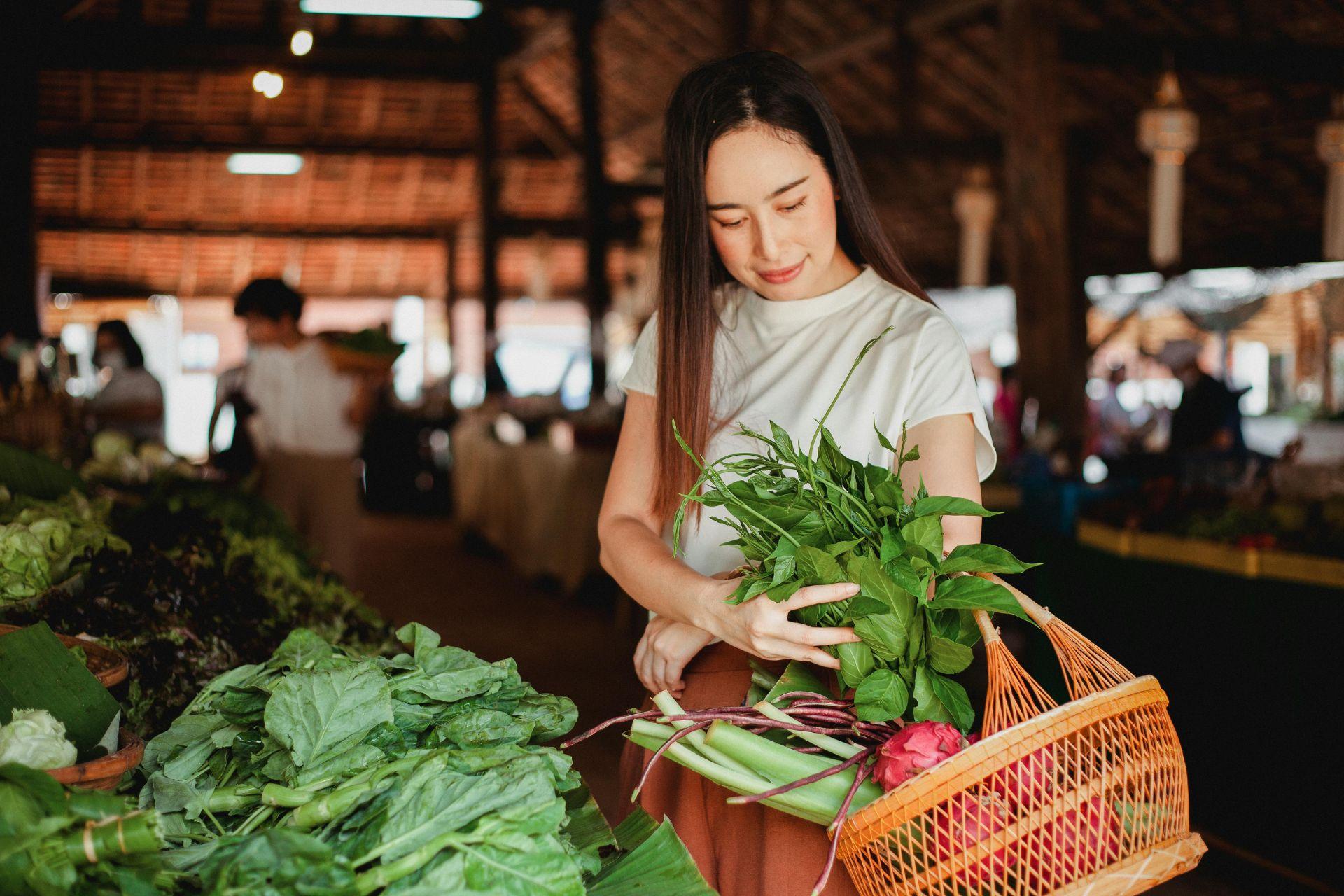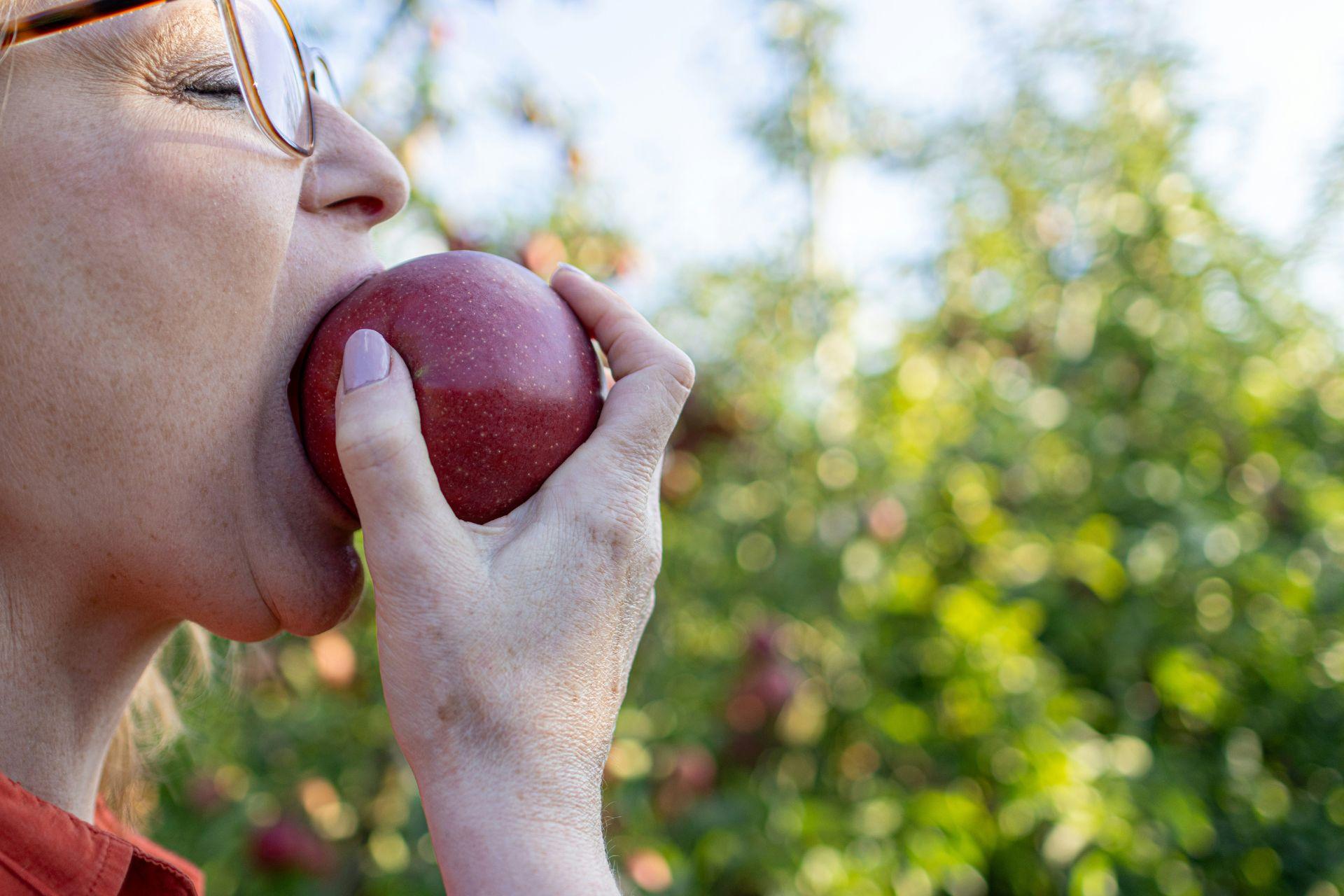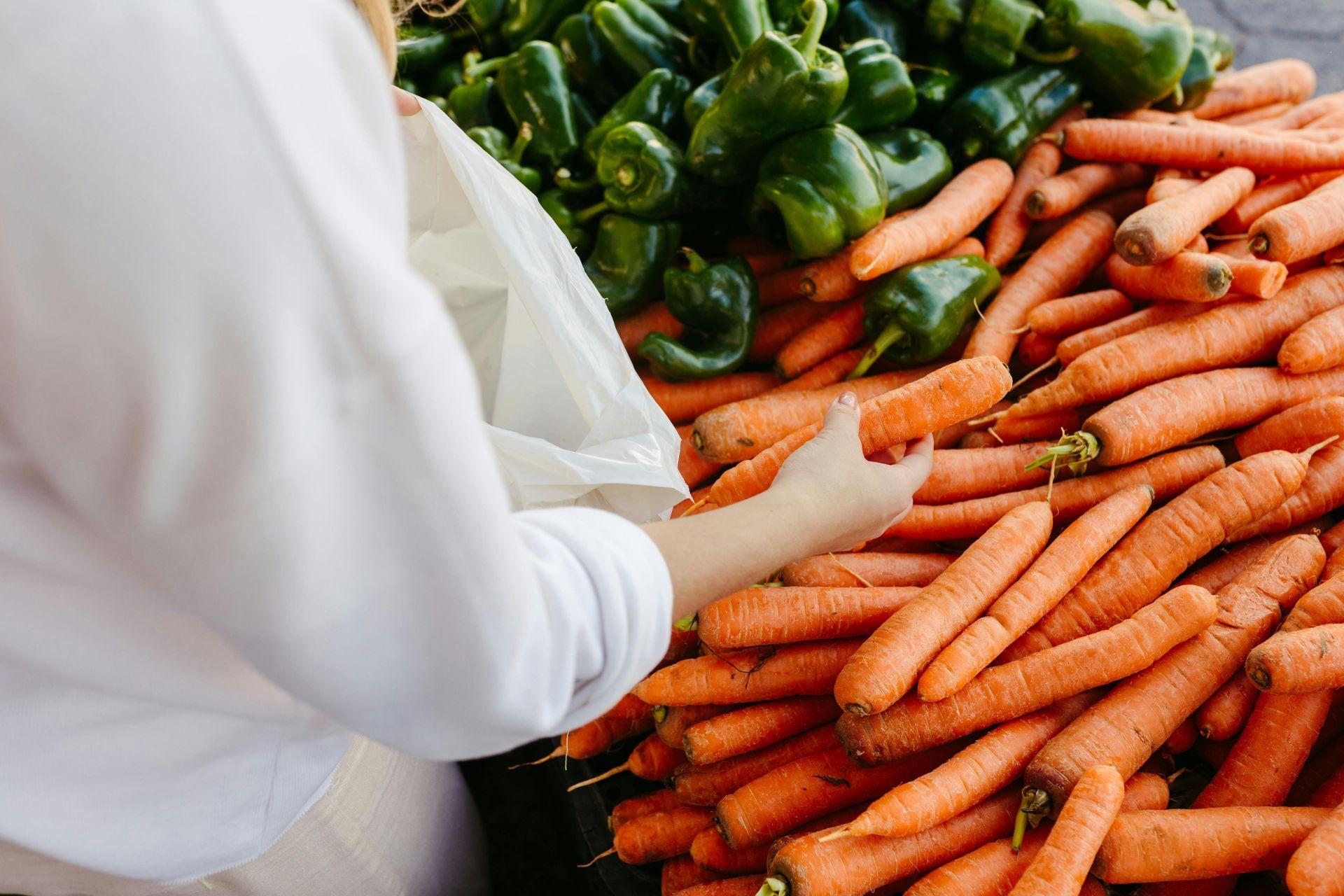
Short Chain and Zero Kilometre Products: let's clarify
How much do you really know about short supply chains and zero-mile agricultural products? Have you ever had doubts about their actual sustainability? In this article we will explore the meanings of short supply chain and zero-kilometre products, to understand whether they represent an effective answer both from an environmental and an individual well-being point of view, analysing the advantages and potential pitfalls of greenwashing. We will answer the most common consumer questions, shedding light on one of the most debated trends in modern food.
What is a short food chain? What are 0 km products?
Short food chain and zero-kilometre products refer to a model of food production and consumption that aims to minimise the distance between the place of agricultural production and the point of final consumption. In other words, it is about buying and consuming food that is grown and produced in the vicinity of one's own community or region, limiting transport as much as possible and reducing the environmental impact related to logistics. This approach promotes freshness of food while encouraging support for small, local producers.
However, it is important to stress that its geographical proximity to the point of consumption does not necessarily guarantee sustainable farming practices or the absence of chemical residues in food. In fact, many producers who adopt the zero km farming model may still use plant protection products. Thus, proximity to the place of production is not in itself a guarantee of ‘organic’ or ‘ecological’ farming. Therefore, consumers must be aware of the need to learn more about the production practices used by farmers.

What the consumer needs to know about the short supply chain and 0 km products
When it comes to making informed food choices, fully understanding the concept of short supply chain and zero-mile products is crucial. In this segment, we will examine the false myths that support this growing trend and provide essential information so that consumers can make informed decisions that are sustainable for their health and the environment:
- it is important to note that local products (or typical regional products) are not always healthy, tasty and genuine products. The quality of an agricultural product is linked to its organoleptic properties, not to its territory. Consumers often confuse these concepts. While it is true that territory can influence the type of cultivation and quality of agricultural products, systematically associating territorial agriculture with health and the concept of a ‘healthy product’ is misleading.
- Another common myth is that the absence of intermediaries in the short supply chain automatically guarantees lower prices for consumers. Factors such as farm size and cultivation practices can influence the final price of products. Consumers should carefully consider several factors besides price when choosing to buy from local producers.
- It is essential to consider the overall environmental impact of a product, not only the distance travelled from its origin to the point of sale, but also to assess the presence of certifications or quality guarantees. Multi-residual analyses, which can verify the absence of residues of the active ingredients in the pesticides used, provide further data on the environmental impact of an agricultural product.
- Despite growing concerns about pollution and food safety, many solutions considered by the agricultural sector are questionable. This is why BioAksxter® depolluting fertiliser is the concrete answer to the issues of hygienic, nutritional and organoleptic quality of what we eat.
Advantages and disadvantages short supply chain and 0 km products
| Vantaggi | Svantaggi |
| Greater transparency and traceability | Limited variety of products available |
| Direct support to local producers | Higher costs compared to industrial products |
| Increased product freshness | Logistical difficulties for large-scale distribution |
| Reducing fuel consumption and emissions | Dependence on seasonality of products and local climatic conditions |
| Promotion of direct relations between producers and consumers | Limited production capacity to meet high demand |
| Less packaging required | Lack of standardisation |
| Promotion of local agricultural biodiversity | Products only available in specific geographical areas |
‘I eat 0 km’: the unawareness of the consumer
The ‘eat 0 km’ trend is becoming increasingly popular and often the consumer is not fully aware of what it really entails. Do you know why?
People do not consider the context of farming at all. For example, in conventional, integrated and organic farming methods, the presence of pesticides and other chemicals is a problem, both for direct pollution (treatments by farmers) and indirect pollution (drift effect). Not to mention the other forms of environmental contamination that are often overlooked, as they may seem to have no direct impact on agriculture: smog, urban sewage, industrial emissions, electromagnetic pollution, contaminated water ... and much more.
One often sees farms (even organic ones) in the vicinity of motorways and airports, or urban gardens grown without chemicals under the illusion of healthy green practices. Human beings have no perception of their surroundings and thus of everything that influences the cultivation process. It is like putting a clean tablecloth on a dirty table: even if the tablecloth looks clean, the conditions cannot be said to be hygienic. This analogy makes us realise that our perception does not always reflect the reality of situations.
Whether you grow in the city or in the country, the problem is always the same: pollution is there, even if you cannot see it. The sooner we become aware of it, the sooner we realise the importance of growing and eating pollutant-free food. That is why the use of BioAksxter® throughout the cultivation cycle makes all the difference.

Shopping at the farmer's and buying groups
More and more people are rediscovering the sources of their food supply. An increasing number of consumers are deciding to avoid middlemen and buy directly from the producer or at the farmers' market. This phenomenon is accompanied by the growing popularity of buying groups: spontaneous organisations of people who wish to buy agricultural products directly from the producer, based on principles of fairness, solidarity and sustainability.
According to recent Coldiretti data, more than 25 million people in Italy buy food from farmers on a regular basis. The total expenditure of Italians at farmers' markets has exceeded 3 billion euro, marking a record since the post-war period. We can practically say that 1 in 2 Italians opts for the short supply chain.
Farmers' markets not only provide direct contact with producers, but also significantly reduce food waste. Agricultural products sold in municipal and district markets often do not meet the aesthetic standards imposed by large-scale organised distribution. This approach makes it possible to market even those foods that are not accepted because of their appearance.
The growing trend of zero-kilometre shopping and buying groups also reflects an increasing focus on globalisation-related problems in the food supply. Globalisation has brought advantages such as the availability of a wide range of food products all year round, but it also generates concerns about the food safety of the entire agricultural sector. For example, the irradiation of agricultural products with gamma rays (ionising radiation) in order to inactivate pests and pathogenic bacteria and increase their preservation.

That said, how much of this was already part of your awareness? And what steps are you willing to take to integrate this information into your daily life?
Choosing what we put into our bodies goes beyond the simple act of feeding ourselves: it is also an action of responsibility towards our planet and future generations.
Are you ready to do your part?